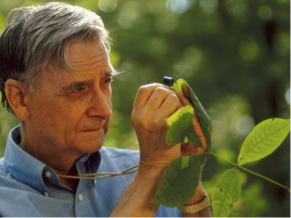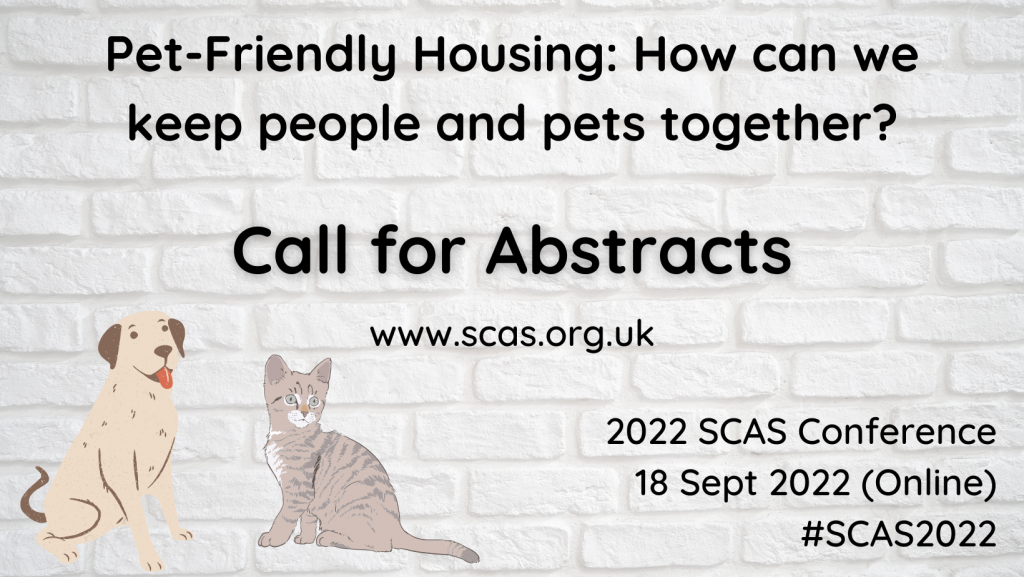We
are thrilled to announce the launch of a SCAS Funded Toolkit to facilitate the
introduction of companion animals to supported living settings. The Companion
Animal Multispecies Risk Management Toolkit (CAMSRMT) was developed by an
Australian team of expert academics, veterinarians, human health, and consumer
representatives. This was undertaken as a Delphi study whereby people with
specialist knowledge relevant to the focus including species expert
veterinarians, aged care providers and consumers of aged care were recruited.
These individuals created, reviewed and moderated the risk management framework
which is core to the document. CAMASRT sets out a risk management table for
each animal group. The document provides best practice case studies, and
resources for health, social care workers and others to facilitate the introduction
of pets into care facilities.
The
CAMSRMT will be of great assistance to those working in the care sector who
understand that every effort should be made to avoid vulnerable people having
to relinquish their animal companions.
We
extend a huge thank you to Dr Janette Young who led this amazing initiative.
The
Toolkit is downloadable from SCAS website, is free of charge and should be
widely shared.
Download the Companion-Animal Multi-Species Risk Management Tool (CAMSRMT) here



